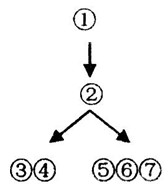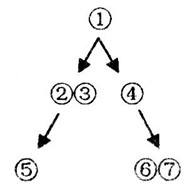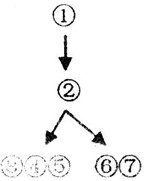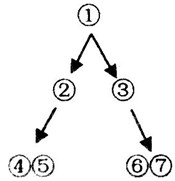
hy ___? It is not very serious.
A. to worry B. worry C. not worry D. you are worried
科目:高中英语 来源: 题型:
The number 2008 is a special number, I think,that will be remembered hy the Chinese forever.
A.which B what C one D.it
查看答案和解析>>
科目:高中英语 来源:同步题 题型:完形填空
| 完形填空。 | ||||
| A photographer is a person who takes photos as a business or as art. It is often 1 that his work is not only full of pleasure 2 it is very safe,and no one can imagine how 3 his work sometimes I Two photographers were traveling 4 a thick forest in Alaska,aiming at taking photos of the wildlife. As there was nothing interesting to take pictures of,they were feeling disappointed 5 they caught sight of a brown bear which had caught a large fish by a quiet lake. The wild bear found 6 too,and stood on its hind legs to get a better 7 of the man. While doing this,the bear made a wonderful pose(姿态) for the two 8 photographers. Suddenly the bear began to run at them while the two men kept right 9 taking pictures of the angry animal.As the beast was drawing very fast towards them,one of the men 10 right away and rushed to a tall tree nearby. He climbed to the top of it as quickly as he could. 11 who could not climb a tree,immediately lay down on the ground, 12 to be dead. When the bear bent down over him and 13 him all over,the man shut his eyes tightly, 14 and tried not to make any movement. While all this was going on,the man 15 was busy taking pictures of the exciting 16 . After a while the bear went away 17 because bears never touch a 18 man. When all was safe,the photographer in the tree came down and said to the friend,"The same story 19 was told in Aesop's Fable has just happened to us,and I 20 no chance to take photos of the wonderful scenes. | ||||
|
查看答案和解析>>
科目:高中英语 来源:同步题 题型:阅读理解
查看答案和解析>>
科目:高中英语 来源:江苏模拟题 题型:阅读理解
 B.
B. 
 D.
D. 
查看答案和解析>>
湖北省互联网违法和不良信息举报平台 | 网上有害信息举报专区 | 电信诈骗举报专区 | 涉历史虚无主义有害信息举报专区 | 涉企侵权举报专区
违法和不良信息举报电话:027-86699610 举报邮箱:58377363@163.com